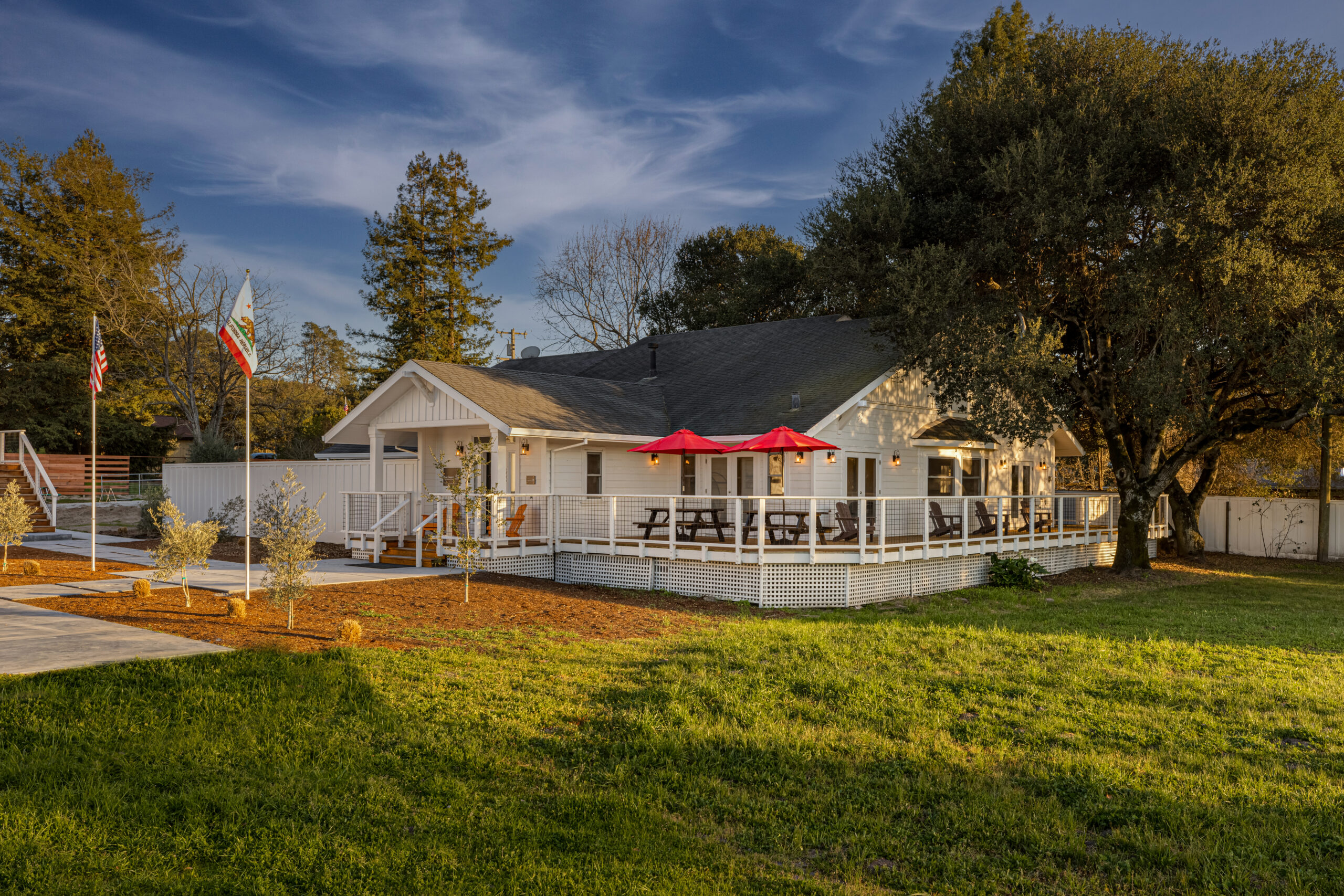Phobias are a common subtype of anxiety disorders. While many people have fearful responses to some things—like snakes or airplanes—phobias cause people to have a strong fearful response that is disproportionate to the actual level of risk.

Therapy for anxiety and phobias offers teens relief from their anxious thoughts and skills for dealing with fear-filled situations. It is a structured approach to help them overcome overwhelming feelings—tailored to an individual’s specific anxieties and needs.
Social Phobia and Treatments
While some teens develop phobias that revolve around a specific thing or place, some develop concerns about their engagement with their peers or with authority figures. Social phobia—an outdated clinical term—is now called social anxiety disorder. Teens who experience social anxiety disorder aren’t just a little shy or awkward around other people. Rather, they almost always feel anxiety or fear in social situations, and that fear is disproportionate to any actual threat.
Everyday social interactions cause those with social anxiety significant distress that disrupt daily life. Teens with social anxiety may experience:
- Emotional symptoms: Fear of judgement, worry about embarrassment, and intense anxiety in social situations or in anticipation of social situations
- Physical symptoms: Blushing, trembling, sweating, racing heart, breaking out in hives, or nausea
- Avoidance symptoms: Refusal or hesitance to make eye contact, interact with unfamiliar people, start conversations, or go to events and public places
If your teen suffers from social anxiety disorder or other social anxieties, evidence-based clinical treatment can help them develop emotional regulation skills that can help calm their fears. These modalities can also treat other kinds of phobias.
Cognitive Behavioral Therapy (CBT)
Cognitive behavioral therapy is a common modality for treating a variety of mental and behavioral challenges. In the context of anxiety, cognitive behavioral therapy for social anxiety disorder or other phobias has been demonstrated to be extremely effective.
During CBT sessions, teens learn to recognize thoughts and feelings that lead to anxiety or fear-driven behaviors. Once they can recognize these thoughts, they learn to question or challenge them and replace outsized fears with more rational, objective thoughts. This type of therapy is all about acquiring emotional regulation skills that allow teens to navigate overwhelming situations with more support and confidence. Teens can develop these tools over a relatively short period of time and usually continue to improve their mental well-being even after sessions have ended.
Specific Phobia and Social Phobia Treatment Plans
Phobia treatment plans often combine more than one therapeutic approach. Teens may benefit from a combination of talk therapy and experiential therapies such as yoga and meditation, for example. Qualified clinicians guide treatment plans by ruling out other causes for symptoms that would require different courses of treatment such as neurological disorders, trauma, or other specific anxiety disorders. Highly trained clinicians also tailor treatment plans so your teen receives the support that will be most beneficial to them.
Supporting Teens Beyond Therapy
Therapy is not the only tool used to treat anxiety. Your teen may be able to combine therapy with other proven interventions.
In some circumstances, our psychiatric team may suggest medication as a part of a treatment plan. When judiciously used, medication can help teens calm their physiological responses as they navigate new cognitive processes. Most of the time, medications can be used as short-term interventions that allow teens time to acquire skills that support long-term coping.
Residential treatment is another option for further support. If a teen has severe anxiety that includes phobias that impede everyday routines or has other underlying behavioral health issues, a residential program such as Muir Wood’s can offer a safe space to receive ongoing supervised treatment. Residential programs offer:
- Therapy sessions – individual, group, and family
- Peer support
- Family involvement
- Psychiatric care
Teens build skills that empower them to face their fears with confidence. They’re able to take skills with them after a residential program ends as long-term support in overcoming anxiety and fear.
Teen Phobia and Anxiety Treatment with Muir Wood
Muir Wood provides a compassionate residential setting for teens to receive treatment for anxiety or other mental health concerns. We provide teens with highly credentialed and experienced staff, social support from peers and families, academic continuity, and other experiences that support overall wellness.

